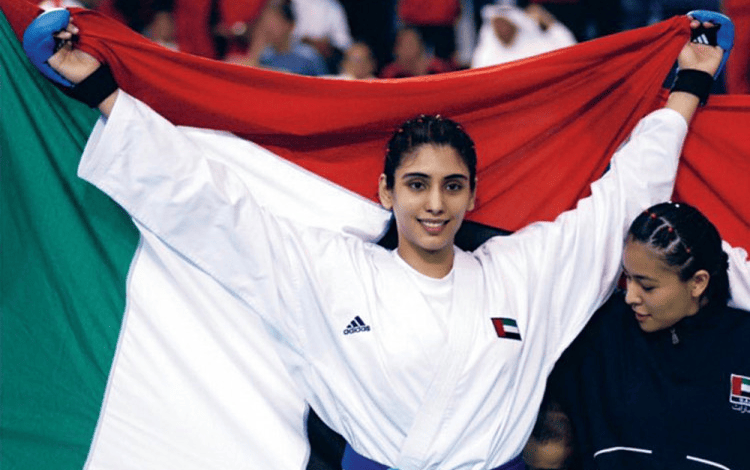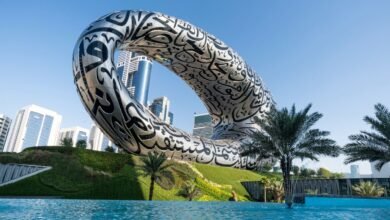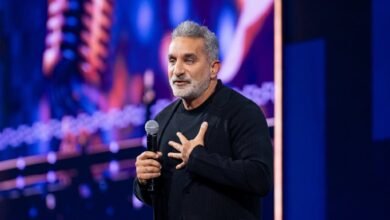
Olympic Glory: Royals Who Have Taken Part in the Games
The Olympic Games have long captured the world’s imagination, bringing together athletes from all walks of life to compete on the global stage. Among these competitors, a select few have hailed from royal lineages, adding a touch of regal flair to the pursuit of Olympic glory. From taekwondo to sailing, members of royal families have showcased their athletic prowess alongside commoners, demonstrating that the spirit of sport knows no bounds.
This article delves into the fascinating world of royal Olympians, exploring their achievements and contributions to the Games. We’ll examine the participation of British royals like Princess Anne and Zara Tindall, as well as European monarchs such as Prince Albert II of Monaco. The piece will also highlight the involvement of Middle Eastern royalty in Olympic events and discuss the lasting impact of royal participation on the Olympic movement. Through these stories, we’ll see how the Crown and Glory have intertwined in the pursuit of Olympic excellence.
British Royal Olympians
Princess Anne
The Princess Royal, Anne, made history as the first member of the British Royal Family to compete in the Olympic Games. She participated in the equestrian three-day event at the 1976 Montreal Olympics, riding the Queen’s horse, Goodwill. Her equestrian prowess extended beyond the Olympics, as she secured a gold medal in the individual discipline at the 1971 European Three-Day Event Championships and silver medals in both individual and team disciplines in 1975.
Zara Tindall
Following in her mother’s footsteps, Zara Tindall (née Phillips) has made a significant impact in the equestrian world. Born on May 15, 1981, she is the daughter of Princess Anne and Captain Mark Phillips. Tindall’s Olympic journey culminated in a silver medal at the 2012 London Games as part of the British eventing team. Her mother, Princess Anne, had the honor of presenting the medals to the team, including her daughter.
Tindall’s equestrian achievements extend beyond the Olympics. She claimed individual and team gold medals at the 2005 European Eventing Championship and individual gold and team silver medals at the 2006 FEI World Equestrian Games. These victories earned her the title of Eventing World Champion until 2010. Her success was further recognized when she was voted the 2006 BBC Sports Personality of the Year.
Captain Mark Phillips
Captain Mark Phillips, Zara Tindall’s father, has also left his mark on Olympic equestrian history. He was part of the British three-day event team that won gold medals at the 1972 Munich Olympics. In 1988, he competed in the Olympics for a second time, securing a silver medal as the fourth member of the British team, despite having to withdraw before the cross-country stage due to his horse’s injury.
European Royal Olympians
Prince Albert II of Monaco
Prince Albert II of Monaco has a rich Olympic legacy, competing in bobsledding at five consecutive Winter Olympics from 1988 to 2002. His best finish was 25th in the two-man event in 1988. This athletic prowess runs in the family, as his maternal grandfather, Jack Kelly Sr., won three Olympic gold medals in rowing, with the last one secured in Paris in 1924. Prince Albert’s Olympic involvement extends beyond competition. In 2024, he presented medals for the men’s double skulls event, paying tribute to his grandfather’s achievements a century earlier.
Princess Charlene of Monaco
Princess Charlene, formerly Charlene Wittstock, represented South Africa as a swimmer in the 2000 Sydney Olympics. She was part of the South African women’s 4×100 m medley team that finished fifth. Her swimming career also included appearances at the 2002 Commonwealth Games and the 1999 All-Africa Games, where she won three gold medals and a silver. Charlene met Prince Albert at a swimming competition in Monaco in 2000, leading to their marriage in 2011. In June 2024, she was announced as one of the torchbearers for the Monégasque delegation at the Paris Summer Olympics.
King Felipe VI of Spain
King Felipe VI, then Crown Prince Felipe, participated in the 1992 Barcelona Olympics as a member of the Spanish sailing team. He had the honor of being the flag bearer for Spain during the opening ceremony. Competing in the Soling class, Felipe and his team finished sixth, earning an Olympic diploma. This participation continued a family tradition, as his mother, Queen Sofía, and uncle, King Constantine of Greece, had competed in sailing for the Greek team at the 1960 Rome Olympics. Felipe’s involvement in the 1992 Games showcased his passion for sports and his commitment to upholding royal sporting traditions.
Middle Eastern Royal Olympians
Princess Haya bint Hussein
Princess Haya bint Hussein of Jordan has made significant contributions to the world of equestrian sports. As the first Arab woman to compete internationally in equestrian events, she won a bronze medal at the 1992 Pan-Arab Equestrian Games. Her athletic prowess earned her the title of Jordan’s Athlete of the Year in 1993. Princess Haya’s Olympic journey culminated in her participation at the 2000 Sydney Olympics in show jumping, where she also had the honor of being Jordan’s flag bearer during the opening ceremony.
Beyond her athletic achievements, Princess Haya has played a crucial role in sports administration. She served as the President of the Fédération Équestre Internationale (FEI) from 2006 to 2014 and was a member of the International Olympic Committee (IOC) from 2007 to 2014. Her contributions to equine sport led to her appointment as the first Patron of Retraining of Racehorses.
Sheikha Maitha Al Maktoum
Sheikha Maitha bint Mohammed bin Rashid Al Maktoum, daughter of Sheik Mohammed bin Rashid Al Maktoum, has made her mark in martial arts. Her athletic journey began in 2000, and she quickly rose to prominence. In 2004, she became the first UAE woman to win an international gold medal in the karate 65-kg class at the 10th Pan Arab Games.
Sheikha Maitha’s Olympic journey reached its pinnacle when she represented the United Arab Emirates at the 2008 Summer Olympics in Beijing. She competed in taekwondo in the 67 kg category for women, making history as the first woman to represent the UAE while carrying the national flag. Her achievements in martial arts have earned her recognition, including being named Arab Sports woman of the Year in 2007 and receiving the World Fair Play Award in Paris, France, in December 2007.
Royal Olympic Legacy
Impact on national pride
The Olympic Games have a profound effect on national pride, as evidenced by the 2012 London Olympics. A study by the International Olympic Committee revealed that 75% of the UK population felt proud to be British after the event. This surge in patriotic sentiment was largely due to seeing their country celebrated on a global scale. The Games’ success was widely acknowledged, with 79% of males and 77% of females stating that the event was worthwhile in all aspects.
Inspiration for future generations
The Olympic legacy extends beyond national pride, inspiring future generations of athletes. The London 2012 Games set 38 world records and 99 Olympic records, showcasing world-class athletes achieving success through dedication and commitment. This has motivated younger generations to pursue athletic excellence.
The Paralympic Games have played a crucial role in changing perceptions of disability sports. Following the 2012 Paralympics, 75% of UK adults agreed that the event had positively transformed views on disability sports, fostering respect and equality. This shift in attitude has led to increased participation, with over 222,000 disabled athletes now involved in sports since the London Games.
Initiatives like the National Paralympic Heritage Trust and Sainsbury’s Active Kids Paralympic Challenge have further promoted inclusivity in sports. The latter aimed to involve 2.5 million children in Paralympic sports by 2016, demonstrating the lasting impact of the Olympic legacy on future generations.
The involvement of royals in the Olympic Games has had a significant impact on the world of sports and beyond. Their participation has brought attention to various disciplines, particularly equestrian events, and has helped to bridge the gap between nobility and the general public. What’s more, it has shown that regardless of one’s background, the pursuit of athletic excellence is a universal aspiration that can unite people from all walks of life.
The legacy of royal Olympians extends far beyond their individual achievements. Their involvement has helped to boost national pride, inspire future generations of athletes, and promote important values such as sportsmanship and dedication. As the Olympic Games continue to evolve, the participation of royals serves as a reminder of the event’s rich history and its power to bring together people from diverse backgrounds in the spirit of friendly competition.







[…] Crown Prince excels beyond administrative duties. His sporting achievements and cultural contributions show his exceptional capabilities. As Fazza, his poetry […]